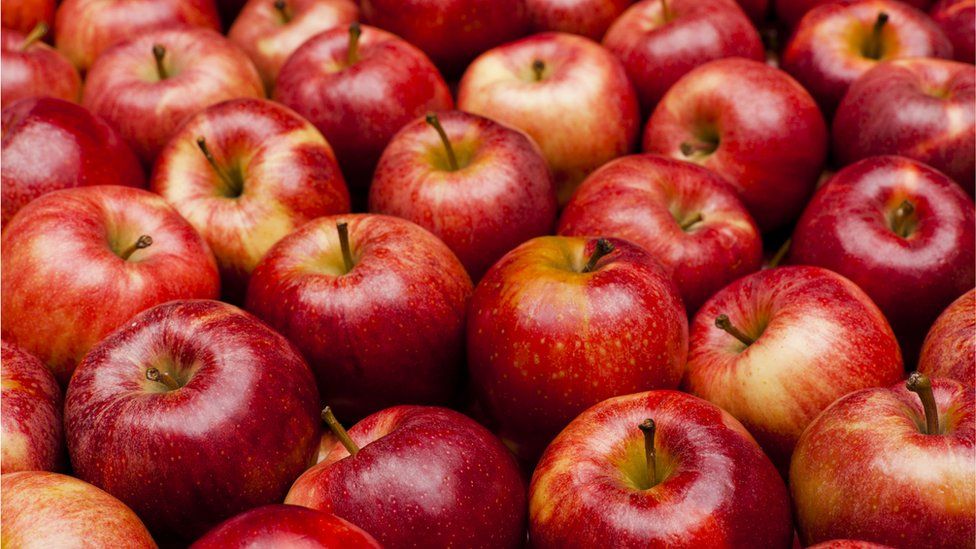To cut down on food waste, The Co-op will remove the best before dates from a lot of fruits and vegetables.
According to the business, removing the dates from its fresh produce would help consumers save money and the environment.
Food kept in the fridge would last much longer than the best before dates suggested, it was stated.
Similar moves were made by larger national supermarkets like Sainsbury's and Asda last year.
More than 150 fresh products, including tomatoes, apples, broccoli, carrots, onions, oranges, and potatoes, will no longer have best before dates at the Co-op starting the following week.
There will still be best before dates on a few more perishable products.
The action follows a trial of 20 products conducted last year.
Instead of using letters and numbers to track how long produce has been on the shelf, the Co-op group, which operates 2,500 grocery stores in the UK, will instead use encrypted codes.
It was claimed that best before dates on fresh produce could indicate that people threw away fruit and vegetables that were still edible.
Customers were urged to make their own decisions about whether fresh produce they had at home had gone bad.
The difference between the best before and use by dates should be understood by consumers, according to the Food Standards Agency.
Best before dates refer to a product's quality; if you eat something after its best before date, it's likely still safe to eat it, but it might not be at its best.
Contrarily, use-by dates are concerned with food safety.
The Food Standards Agency advises against eating food that has passed its use-by date because it could make you sick.
Meat and ready-to-eat salads frequently have use-by dates because they spoil quickly.
The Co-op's propositions director, Adele Balmforth, stated that although the UK was experiencing "a climate, environmental, and cost-of-living crisis," the removal of best before dates would aid consumers in reducing food waste.
Fruit and vegetables kept in the fridge can last much longer than their best before date, according to product testing by the environmental charity Wrap.
Apples can last for more than two months and broccoli for about two weeks, according to the charity.
Households spend an average of £700 annually "on good food that ends up in the trash," according to Catherine David, director of collaboration and change at Wrap.
By removing the best before dates from just apples, bananas, broccoli, cucumber, and potatoes, according to Wrap, UK households could save a combined £50 million annually.
The Co-op's decision is in line with similar practices by larger supermarkets.
The best before dates were eliminated from hundreds of fruit and vegetable lines by Tesco, the largest grocery chain in the UK, in 2018. Asda and Sainsbury's did the same in 2017.







